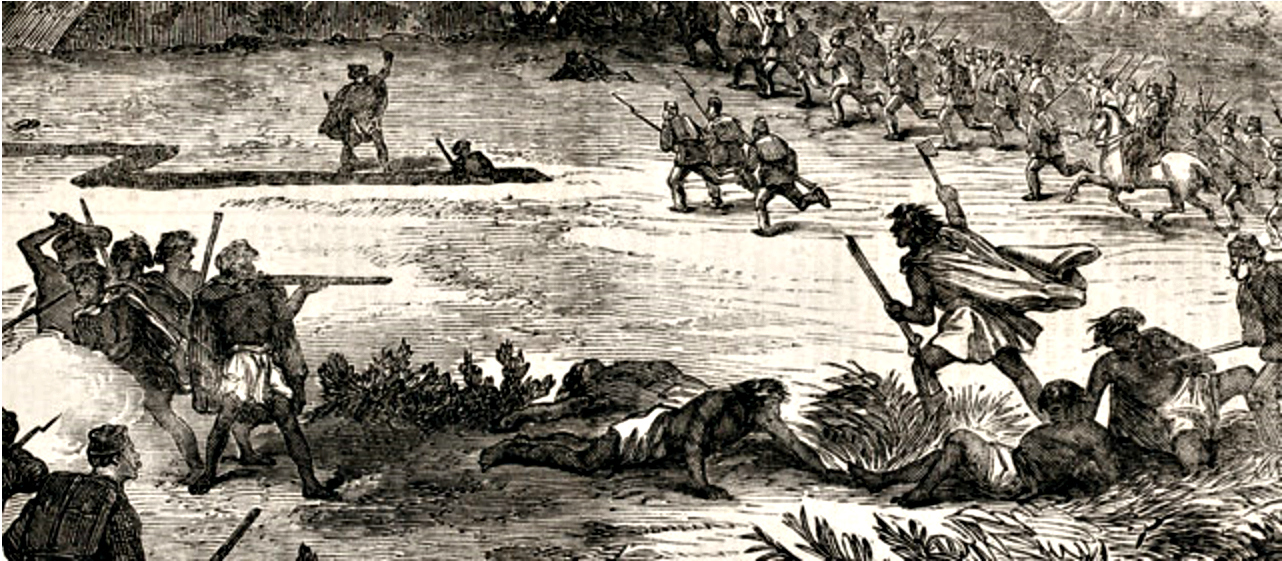What a nation chooses to remember and forget: the war for New Zealand’s history | Vincent O’Malley https://t.co/0p5xombAWl
— NZ Human Rights (@NZHumanRights) January 23, 2017
For a time in the 1860s there were more British troops in New Zealand than almost anywhere else in the empire outside India. And the Waikato war was the defining conflict in New Zealand history – a battle between two competing visions of the nation’s future. British victory paved the way for settler and European hegemony, casting aside Māori aspirations for partnership and shared prosperity for at least the next century. Instead, sweeping and indiscriminate land confiscations pushed Māori tribes to the margins of colonial society, condemning generations to lives of poverty.
That history was barely acknowledged beyond the descendants of those on the receiving end of British bullets. Few students learn about it in school. Many of the sites where these conflicts took place are neglected (many are not even signposted). There were no official commemorations, no museums and few memorials.
For many Pākehā (non-Māori) New Zealanders the wars were part of a troubled past they preferred to forget. Anzac Day, by contrast, provides a ready opportunity to rally around the flag, patriotically remembering those who died at Gallipoli or on the Western Front. And this has been reflected in government priorities. According to one estimate, central funding for centennial first world war activities is at least 100 times greater than was made available for the Waikato war sesquicentenary.

